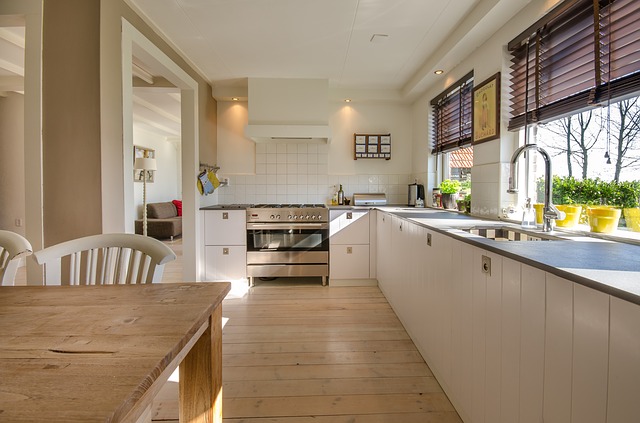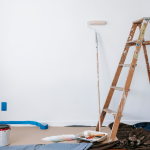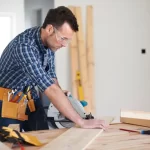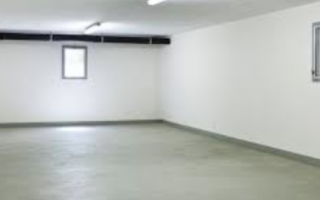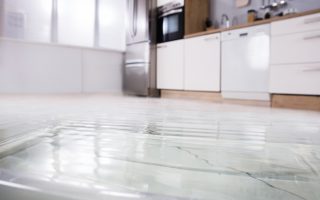Even if you’ve purchased a brand-new dream home, you’ll probably want to invest in home improvement eventually. That might mean something large-scale and intensive, like adding a new wing to your existing house, or something minor like upgrading your refrigerator. Whatever the case, you can save a lot of money by doing the work yourself—at least, in most cases.
Doing home improvement projects on your own is rewarding and less expensive ordinarily, but if you’re not an expert, you might make mistakes or run into difficulties—which can increase the time and money it takes to finish the project. Even worse, some home improvement projects require you to use dangerous materials or expose yourself to hazards. If you aren’t sure what you’re doing, you could end up hurting yourself or putting your family in jeopardy.
So which home improvement projects can you reliably do on your own?
Education and Confidence
First, understand that you could feasibly tackle any home improvement project on your own if you have the right experience and education. The important thing is to be honest with yourself; if you feel confident that you understand a project, including whether you need a permit, building codes and restrictions, the costs, the risks, and the important safety measures, you can go ahead and try it on your own. The problems tend to set in when people overestimate their knowledge on a given subject, or underestimate the dangers involved in a specific area.
You can learn how to do most projects online, even if they’re technically complex. For example, you can learn how to install a new fireplace while paying attention to both building regulations and important safety features. However, if you’re inexperienced in a certain area, you’ll want to invest much more time learning the fundamentals and reviewing content from multiple sources, so you can be certain you’re executing the right series of steps.
The Most Dangerous Projects
There are some areas of home improvement that are strictly more dangerous than others. While it’s possible to do projects in these areas on your own, they carry much more significant risks than other areas, and are generally not recommended to anyone who is inexperienced.
- Electricity. Electricity at any voltage can be dangerous. If you’re working on the wiring of your home and you accidentally touch a live wire, it could electrocute you, resulting in long-term damage or even death. If you poorly wire something, or fail to follow basic safety standards, you could end up introducing a major fire hazard to your home. Small-scale projects, like changing a light switch or installing a new ceiling fan, are easily mastered if you make safety your top priority, but anything beyond that necessitates calling a professional if you’re inexperienced.
- Gas lines. If your home has natural gas, this is another area of danger and concern. Gas leaks can sometimes be so small they’re practically undetectable—but they can cause lasting and severe damage to you and anyone else in the house. Improper gas installations could result in carbon monoxide poisoning, as well as increasing your risk of fire.
- Plumbing. Making a mistake with a water line may not pose the immediate hazard that an electrical wire or gas line would, but it can still result in massive damage—and there are many potential mistakes that could be made. If you’re not a plumber, it’s probably best to leave these repairs and installations to a professional.
- Anything dealing with heights. The higher up you are, the less safe you’re going to be. If you have a steep roof and multiple stories, things get risky—even if you’re ordinarily surefooted.
The Benefits of Using a Professional
Remember, while DIY projects can save you money, utilizing a professional contractor has many advantages. Not only will you improve your own safety and increase the chances that the project is successful, you’ll also probably be able to complete the project in less time (since you won’t have to go through a trial-and-error process for a project you’ve never done before). On top of that, if the project goes wrong, you’ll have someone to hold accountable; reputable contractors will stand by their work and make additional repairs or tweaks if necessary.
If you’re willing to admit your inexperience and commit to ongoing learning, no home improvement project is truly beyond your grasp. However, most people end up overestimating their abilities and underestimating the risks associated with DIY work. Be cautious when making improvements to your home, and if your project involves a particularly risky subject, don’t gamble with your health or safety; call a professional. It may cost a bit more, but it’s worth the extra money to know you’re safe.

